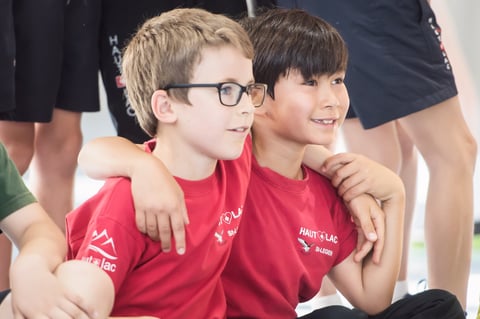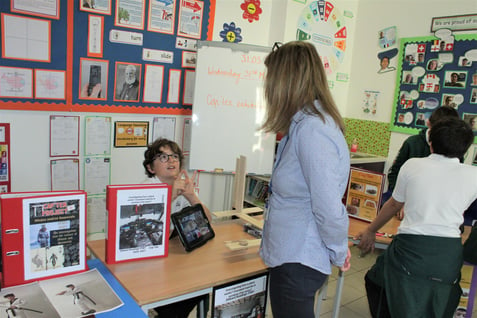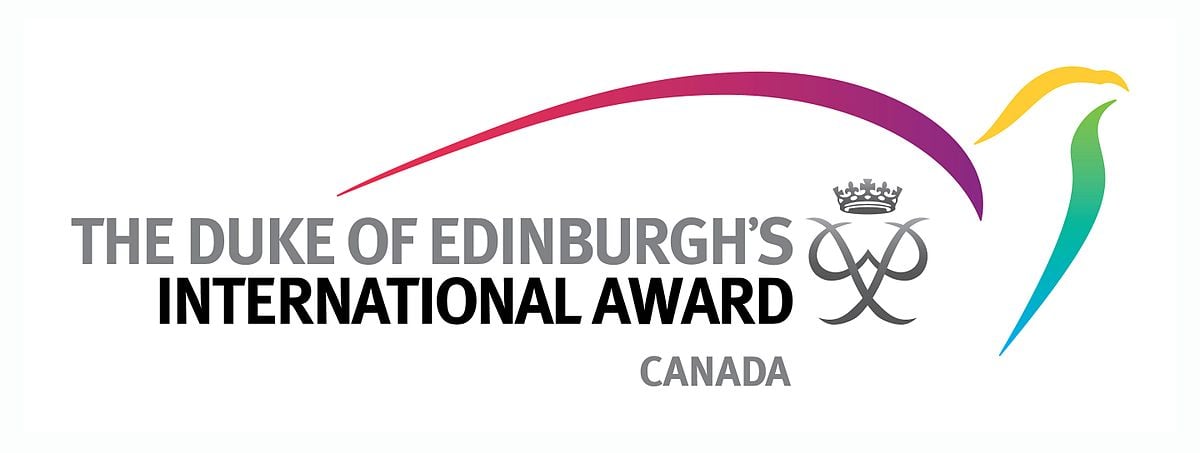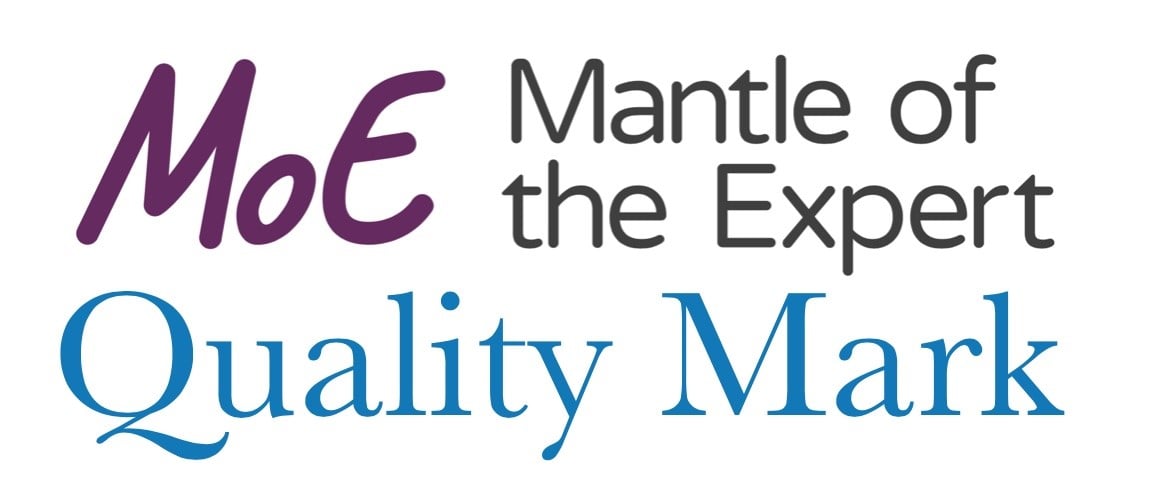The 21st century is a world of contradictions. We are moving towards increasing automation, yet strong social skills also make an enormous difference to our success in the workplace.
Upon leaving school, it will be the students who can communicate effectively with a wide audience who will be successful in the eyes of others. Students, who are raised in an international school system, will already have a leg up on their peers in this area for a number of reasons.
Early acclimatisation to a diverse student body
At Haut-Lac International Bilingual School, we have families from over 50 different countries, not including our teaching staff. As is the nature of international schools, many students come and go, bringing new cultures and experiences for their peers to discover.
“I never found social life at university too overwhelming compared to many other students because I was already so used to meeting people from the world over. I know how to interact with them, and I also love learning about their cultures,” Laura, one of our alumni, attests.
The social life of an international school is a microcosm of the real world that we are preparing students to enter. Getting used to a globalised community early on in life will enable them to skip the acclimatisation period in the future, granting international school students a great advantage.

Events that promote cooperation with others
In the future, students entering university or the workplace will have to collaborate with strangers and people from other cultures. The international school network offers students many events and opportunities to get their students accustomed to this idea and give them some early experience.
Events like the European Student Film Festival (ESFF) put students from international schools all over the world in groups to make films together – an activity which involves good and very diligent communication and collaboration. The Model United Nations (MUN) is also an important event for the same reasons, making students work together and listen to each other in the name of diplomacy. Even inter-school competitions like ski races and basketball matches put students together to meet new people and stretch their social muscles.
.png?width=363&name=Sans%20titre%20(49).png)
A tight community fosters good relationships
When it comes to Haut-Lac, the size of our school is a bonus for students. It is a place where everyone knows each other, and where older and younger students can interact together through our House system. Students are also on a first name basis with their teachers, which encourages good communication with adults and two-way respect. Such closeness inspires students to make their voices heard and to engage in stimulating conversations with adults and peers, both of which are skills that will benefit them greatly.

We are looking at a future in which “[1]82.9% of hiring managers want to know you can work well with lots of different personalities. You'll need to learn how to delegate, take direction, value differences of opinion, and play to your and your co-workers' strengths and weaknesses”.
What can prepare a student better for such expectations than an international school education and all the benefits it offers them? The future will be increasingly globalised, and it is our job as international schools to prepare students for this. We give them the head start, and the rest is up to them.
Katie Harwood
[1] monster.com/career-advice/article/5-skills-employers-want-in-new-grads-and-arent-finding


.png)










